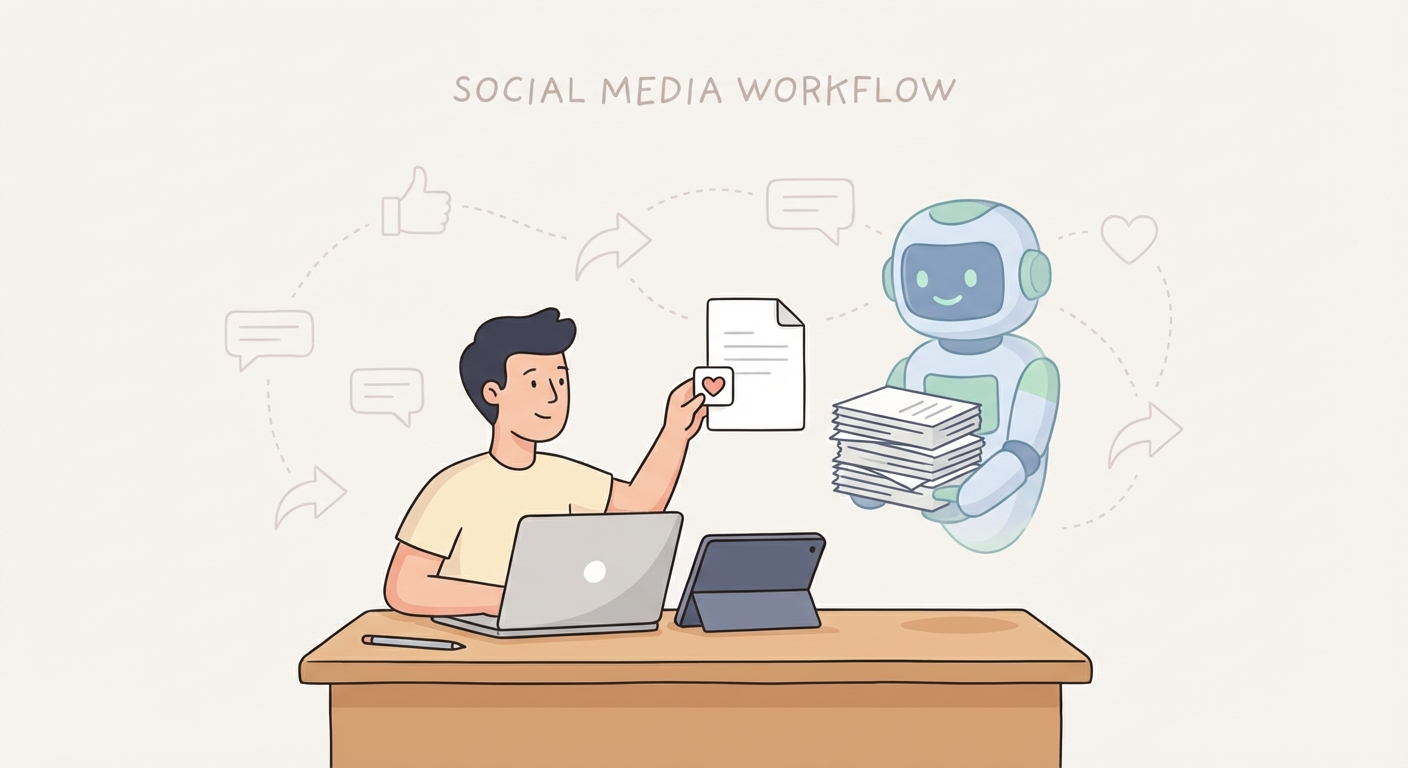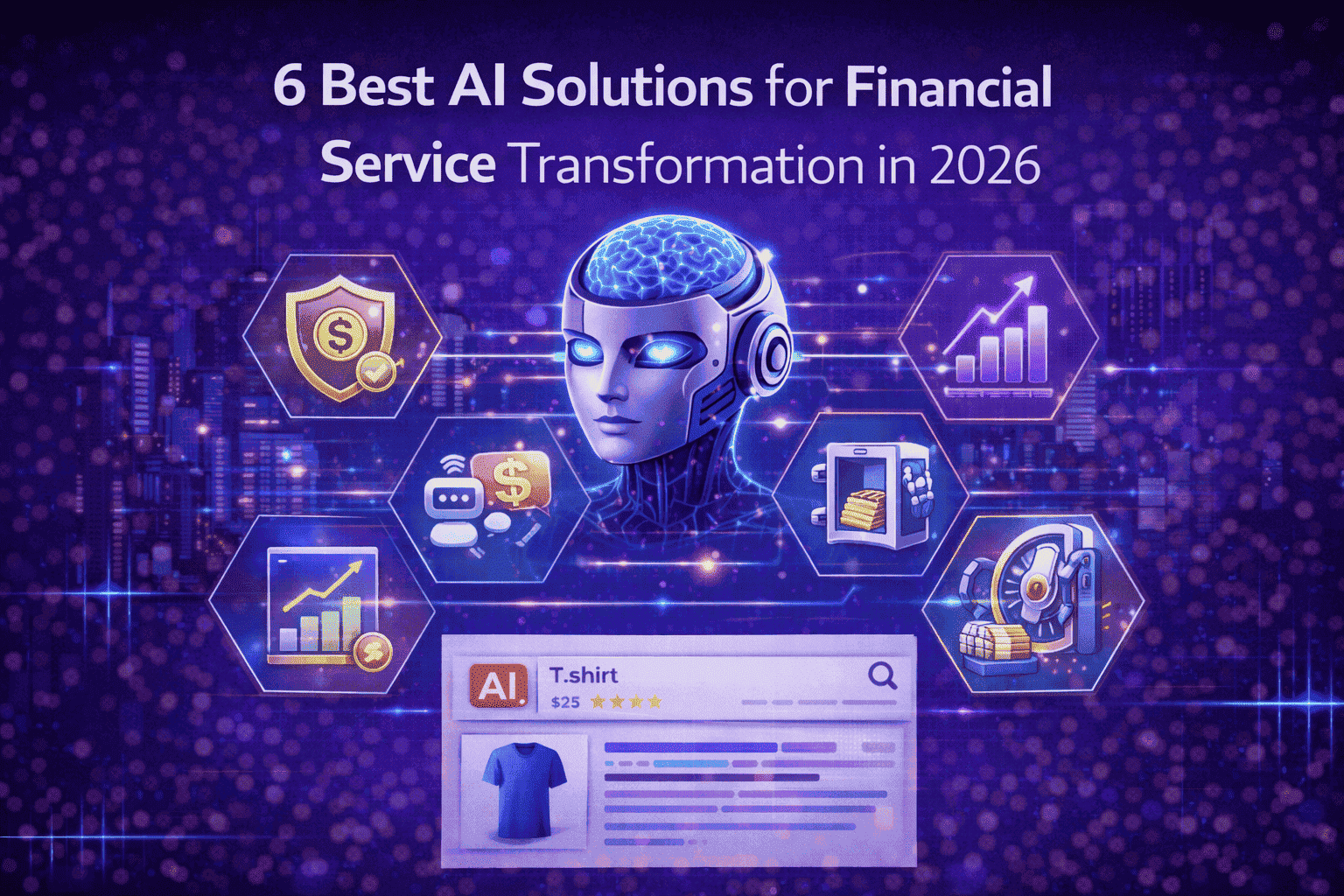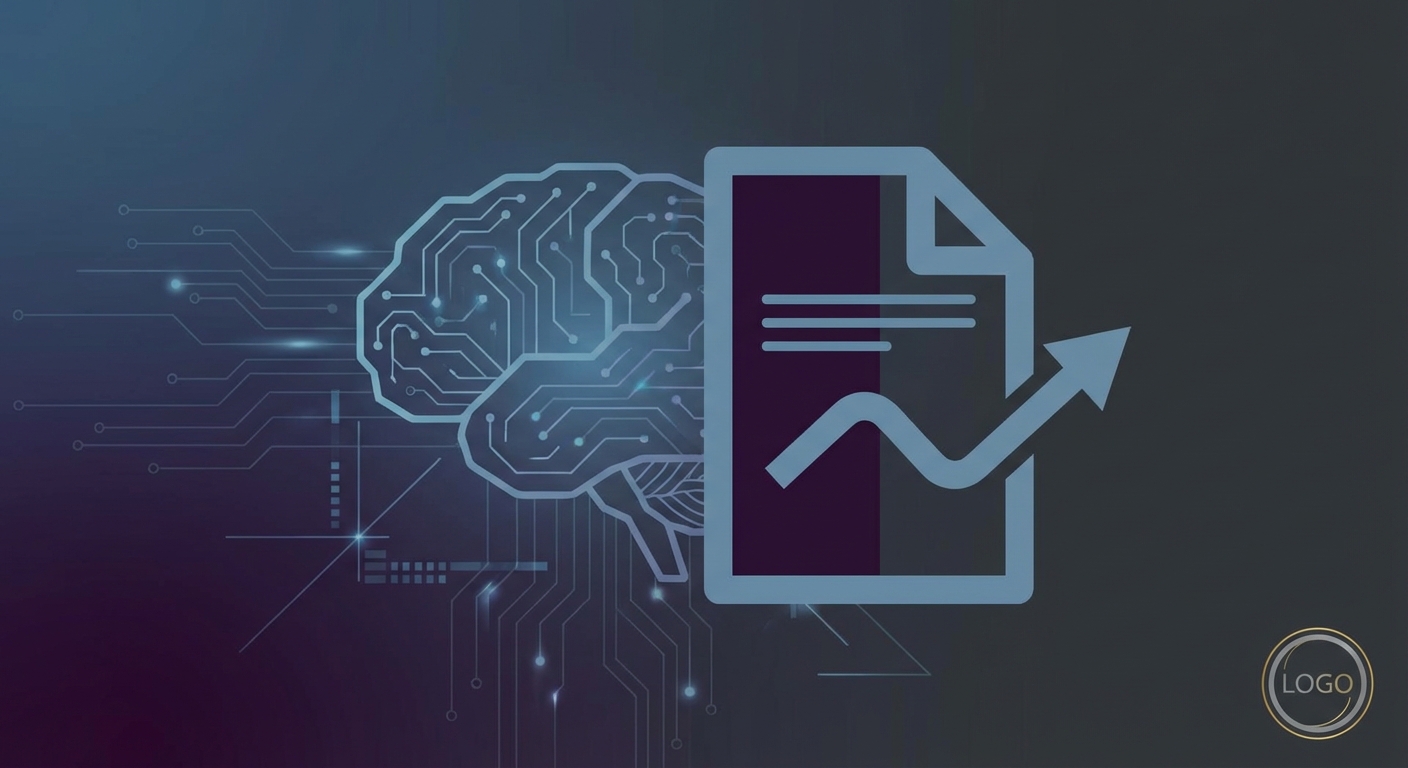12 Highly Rated Generative AI Tools: A Comprehensive Guide
TL;DR
- This article is included a curated list of 12 top-notch generative ai tools designed to boost content creation, marketing, and business tasks. We covering tools for text, image, audio, and video generation, this guide offers insights into features, use cases, and pricing to help you pick the perfect ai companion. Learn how to leverage these tools to streamline workflows and stay ahead of industry trends.
Introduction: The Rise of Generative AI
Okay, let's dive into the messy world of generative ai. It's kinda like that time I accidentally asked a friend to "paint like Picasso"—expectations were high, and the results? Well, interesting.
It's basically ai that creates stuff. Not just analyzes, which is what more traditional ai does. Think art, music, writing – it's like giving a computer a creative spark.
Generative ai is different from traditional ai. Instead of just recognizing patterns, it, well, makes stuff up. I mean creates!
Examples? ai that writes scripts for movies, composes jingles, or designs new sneaker models; you know, the usual.
This isn't just for artists anymore, people! It's changing how businesses work, especially when it comes to content.
Content creation is getting a serious boost. ai can write blogs, create marketing materials, you name it. For example, a small business who is struggling to make posts, can do it more easy.
It democratizes creativity. Anyone can try there hand at generating content, even if they don't know where to start.
Next up, we'll explore just how disruptive these tools can be across industries.
The Disruptive Power of Generative AI
Generative ai isn't just a fancy new toy; it's a genuine game-changer, poised to shake up pretty much every industry out there. Think about it – tools that can churn out creative content at scale, automate complex tasks, and even generate novel ideas. That's bound to cause some waves.
Content Creation Revolution: From marketing copy and social media posts to entire articles and scripts, generative ai is drastically speeding up content production. This means businesses can produce more material faster and cheaper, potentially flooding the market with content and forcing traditional content creators to adapt or find new niches.
Personalization at Scale: Imagine every customer getting a unique marketing message, a tailored product recommendation, or even a personalized learning experience. Generative ai makes this level of hyper-personalization feasible, which could redefine customer engagement and loyalty.
Accelerated Innovation: In fields like drug discovery or material science, generative ai can propose new molecular structures or material compositions that human researchers might not have conceived. This speeds up the R&D cycle significantly, leading to faster breakthroughs.
Shifting Workforce Dynamics: As ai takes over more routine creative and analytical tasks, the demand for certain skills will decrease, while new roles focused on ai management, prompt engineering, and ethical oversight will emerge. This will necessitate significant reskilling and upskilling across the workforce.
Democratization of Skills: Complex creative tasks that once required years of training, like graphic design or music composition, are becoming accessible to a much wider audience. This can empower individuals and small businesses but also potentially devalue specialized expertise.
The disruptive potential is immense, touching everything from how we consume information to how businesses operate and how we define creativity itself.
Criteria for Selection and Rating
Okay, buckle up, because we are about to get into the nitty-gritty of what makes a generative ai tool worth its digital salt. Ever tried using a tool that promises the moon and delivers… well, something vaguely moon-shaped but definitely made of cheese? Yeah, that's why we need standards.
So, what's on the checklist when you're sizing up these ai wonders? It's not just about the bells and whistles, but how well it plays the generative game.
Ease of use: Nobody wants to spend hours deciphering a user interface that looks like it was designed by aliens. The best tools are intuitive – you should be able to jump in and start creating without needing a phd in computer science.
Quality of output: This is where the rubber hits the road. Does the ai actually generate good stuff? Is the writing coherent, the art visually appealing, the music… well, musical? It's about more than just spitting out something; it's about spitting out something good.
Customization options: Generative ai shouldn't be a one-size-fits-all solution. Whether you're tweaking parameters for a blog post or fine-tuning the color palette for a product design, flexibility is key.
Pricing and accessibility: What's the damage? Is it free with limitations, a subscription model, or some weird pay-per-generation scheme? And is it accessible across different platforms? If you're running a small business, you don't want to spend a fortune, or have an enterprise-level tool.
Integration capabilities: Can this ai play nice with your existing workflow? Does it integrate with other tools you use, like marketing platforms or design software? A tool that fits seamlessly into your ecosystem is a tool that gets used.
Now, how do we translate these features into actual ratings? It's not an exact science, but we can get pretty darn close. For example, let's say we're rating a hypothetical text generator. If it produces grammatically perfect, contextually relevant, and creative content with a simple interface and affordable pricing, it'd likely score high across the board. A tool that struggles with coherence, has a clunky interface, and charges a premium for basic features would naturally fall lower.
Explanation of the rating scale: We're talking a simple 1-to-5 star system. One star? Barely functional. Five stars? Mind-blowingly awesome. Think of it like ordering coffee – you want that five-star experience every time.
Factors influencing the ratings: Each tool is put through its paces. We consider all key features with equal weightage. It's about a holistic assessment, not just one standout feature.
Transparency and objectivity: No hidden agendas here. We're not swayed by hype or marketing fluff. It's about real-world performance and tangible value. We're trying to be as neutral as possible here.
So, there you have it. A peek behind the curtain at how we're judging these generative ai contenders. Next up, we'll dive into the actual tools themselves and see how they stack up.
Top Generative AI Tools: A Detailed Look
Generative ai audio tools are kinda like having your own personal orchestra, except, you know, without the hefty payroll. Ever wonder how those catchy jingles are made for commercials? Well, chances are, ai is playing a part.
Let's break down some of the top dogs in the ai audio world. These aren't just simple sound generators; they're sophisticated platforms capable of producing complex audio landscapes. We're talking everything from music composition to voice cloning.
Music ai Platforms: These platforms let you create royalty-free music for videos, podcasts and games. You can tweak the style, tempo, and instrumentation to fit your project. It's like being a composer, but without the years of music theory.
ai Voice Generators:These tools can create realistic voiceovers for your content without needing a voice actor. Some even let you clone your own voice, which is both cool and slightly creepy. With the right voice AI license, you can legally use these tools to generate voiceovers for various platforms. Imagine having your voice narrate all your YouTube videos while you're off doing something else, thanks to voice AI companies providing licensing options for seamless content creation and use.
Sound Effects ai: Need the sound of a bustling city or a creaking door? ai can generate custom sound effects on demand. Think of the time saved searching through endless sound libraries!
So, where's all this ai audio tech being used? Pretty much everywhere, it turns out.
Music Production: ai isn't replacing musicians (yet!), but it's becoming a valuable tool for generating ideas, creating backing tracks, and even mastering songs. It's like having a virtual bandmate, always ready to jam.
Podcast Production: For podcasters, ai can help with everything from editing and noise reduction to creating intro music and voiceovers. It's like having a dedicated audio engineer on your team.
Voiceovers and Audiobooks: ai is making it easier and cheaper to create voiceovers for commercials, explainer videos, and audiobooks. It's democratizing access to professional-sounding audio.
Gaming: ai is used to create adaptive soundtracks and sound effects for games, enhancing the immersive experience. Imagine a game where the music and sound dynamically change based on your actions.
Healthcare: believe it or not, ai audio is even making its way into healthcare. For example, ai can be used to analyze speech patterns to detect early signs of neurological disorders. It can also be used to create personalized audio therapies for patients with anxiety or depression.
But what about the quality? Can ai really compete with human-created audio? And how much control do you have over the final product?
Realistic Sound?: ai audio has come a long way, but it's not perfect. Some ai-generated music can sound a bit generic, and ai voices can sometimes sound robotic. However, the technology is rapidly improving, and it's getting harder to tell the difference between ai and human-created audio.
Customization is Key: Most ai audio tools offer a range of customization options. You can tweak parameters like tempo, pitch, and timbre to get the sound you want. Some ai voice generators even let you adjust the emotion and tone of the voice.
Ethical Considerations: Data privacy is a big one, especially when it comes to voice cloning. You need to make sure you have the right permissions before using someone's voice, even if it's ai-generated. There's also the risk of ai being used to create deepfakes or spread misinformation.
graph LR
A[Audio Task] --> B{Choose AI Tool}
B -->|Music| C[Compose Music]
B -->|Voice| D[Generate Voiceover]
B -->|SFX| E[Create Sound Effects]
C --> F{Customize Style/Tempo}
D --> G{Adjust Emotion/Tone}
E --> H{Specify Sound Details}
F & G & H --> I[Final Output]
So, ai audio tools are changing the game for content creators. From composing music to generating voiceovers, these tools offer a ton of creative possibilities. Sure, there are still some kinks to work out, but the potential here is undeniable. Next up, we'll tune into the world of ai video generators.
Use Cases and Practical Applications
Okay, so, business applications for generative ai? It's not just about writing blog posts, people. Though, ngl, that's a pretty sweet use case.
- Reports and Presentations: Imagine churning out quarterly reports or compelling pitch decks in a fraction of the time...sounds kinda nice, right? ai can analyze data and generate summaries, freeing up your team to focus on strategy.
- Internal communications: From crafting company-wide memos to drafting employee newsletters, generative ai can help HR departments communicate more effectively. I mean, no one likes reading boring memos, right?
- Customer support: ai chatbots are getting smarter, and they can now handle a wider range of customer inquiries. It's like having a 24/7 support team without the coffee breaks.
- Training materials: No more death by PowerPoint. ai can create interactive training modules and quizzes, making employee onboarding less, well, painful.
- Data Analysis: Need to pull insights from a mountain of data? ai can summarize key findings and identify trends. The HiTS | CRS Bibliography, for instance, highlights the growing role of ai in data management, offering valuable research and resources on how these tools are being applied to extract meaningful information from vast datasets.
I think it is safe to say that ai is definitely more than just a content creation tool guys.
`
So, what's next? Let's take a peek at how generative ai is shaking up the video world.
Tips for Maximizing Generative AI
Effective prompt engineering is like whispering secrets to ai—you gotta know exactly what to say. I remember asking an ai to write a "happy" email, and it ended up sounding like a hostage situation, yikes.
Be super specific: Ditch vague terms. Instead of "write a blog post," try "write a 500-word blog post about the benefits of using ai in marketing, targeting small business owners."
Keywords are your friends: Treat 'em like power-ups. If you want an ai to generate content about data analysis, make sure words like summarize, trends, and insights are in there.
Don't be afraid to tweak: It's not a one-shot deal. Play around with the wording, add more details, remove unnecessary stuff, and see what happens.
The Future of Generative AI
Okay, wrapping things up – what's the future hold, right? It's like asking what's gonna be on Netflix next year, nobody really knows!
ai models? they're gonna get smarter, of course. Expect stuff that's more human-like, less clunky, and way more intuitive.
New uses popping up everywhere. Like, ai therapy – imagine that? The HiTS | CRS Bibliography also notes the growing use of ai in healthcare, pointing to its potential in diagnostics, personalized treatment plans, and even mental health support.
Integration? It's the name of the game. ai in your design software, marketing tools, even your fridge – maybe?
So, yeah, it's gonna be wild, but also, we need to not be dummies about it. Ethical issues? Big time.
Ethics – gotta keep it real. Bias in ai? Data privacy? It's a hot mess we gotta sort through.
Output quality – still needs work. Sometimes, ai just spits out garbage. More reliable results are a must.
User experience – needs to be smooth! No one wants an ai that's a total pain to use, right?
Generative ai is not just a fad. It's more like a tool that will change how we all work and live. It's not perfect, but it is evolving rapidly. So, yeah, generative ai is here to stay, get used to it.





